- - The Challenges of Traditional Dentures
- - Types of Dentures
- - Benefits of Dental Implants for Denture Stabilization
- - The process of Getting Dentures
- - Care and Maintenance
- - Book an Appointment
Implant-supported dentures offer a superior alternative to traditional dentures, as they are anchored directly to the jawbone with dental implants. Unlike conventional dentures, implant-retained dentures provide a secure fit that enhances stability, making chewing and speaking more natural and effortless. For those requiring the replacement of missing teeth, particularly multiple ones, implant-supported dentures represent an excellent solution. Dentists commend them for their ability to closely imitate the function of natural teeth and foster good oral health.
The Challenges of Traditional Dentures
The traditional method of denture retention involves placing the denture on the gums to provide stability. However, maintaining secure placement becomes increasingly challenging over time for several reasons. For instance, the fit of your dentures may be affected by wear and tear. Furthermore, as the gumline changes and the jawbone deteriorates due to a lack of stimulation, the fit of the dentures may become less secure. Once this process begins, your prosthetic may begin to move around, which can lead to discomfort, difficulty eating and speaking, and awkward moments.
There are three traditional options for fixing loose dentures: relining, purchasing a new pair, or using messy adhesives to try to get some extra hold. All of these options present challenges, including frustration, expense, or both. Thanks to recent advances in implant dentistry, we now have a superior, more stable solution: dental implants for denture stabilization.
Types of Dentures
- Full dentures: a full denture, or complete denture, is a prosthesis that replaces missing teeth. It is used when all natural teeth are missing in either the upper or lower jaw. These are constructed with a transparent acrylic base that sits over the gums and supports a full set of artificial teeth.
- Partial dentures: partial dentures are employed when some of the original teeth remain in the mouth. The dentures are composed of replacement teeth that are attached to a metal or acrylic framework. The framework clasps onto existing teeth, which provide support.
- Implant-Supported Dentures: implant-supported dentures are anchored in place by dental implants, which are surgically placed into the jaw bone. The stability and chewing efficiency of implant-supported dentures is demonstrably greater than that of traditional dentures.
Benefits of Dental Implants for Denture Stabilization
1. Improved stability: Dental implants serve as anchor points for dentures, providing a stable foundation that prevents them from slipping or shifting during speaking or eating.
2. Enhanced chewing ability: Dentures supported by implants allow for improved chewing efficiency, as the implants function like natural teeth roots and create a more secure bite.
3. Increased comfort: Because implant-supported dentures are securely attached to the implants, there is less irritation and discomfort commonly experienced with traditional dentures, such as gum sores or rubbing.
4. Better speech: Dental implants help stabilize dentures, preventing them from sliding or clicking while talking. This, in turn, can improve speech clarity and confidence.
5. Longevity: With proper care and maintenance, dental implants can last for many years, potentially even a lifetime, providing a durable and reliable solution for denture stabilization.
The process of Getting Dentures
We know getting dentures can be a little daunting, but we're here to help! It's a multi-step process that requires the expertise of a dentist. We'll make sure to schedule several appointments to ensure the best fit and functionality for your new smile.
Step 1: at your first visit, your dentist will take a look at your mouth and chat with you about dentures. Your dentist may also take X-rays or impressions of your teeth and gums to assess the condition of any remaining teeth or existing dental work.
Step 2: if it’s determined that you need full dentures, we’ll take care of everything for you. Any remaining teeth will be extracted before we begin the next steps. This is just to make sure that your dentures have a proper foundation in your mouth.
Step 3: we will schedule another appointment to take more precise measurements and create custom molds of your mouth. These molds are used to fabricate a wax try-in, which is a great way to see how the final denture will look and make any necessary adjustments before it is finalized.
Step 4: once you’re happy with how the wax try-in fits and looks, it’s sent back to the lab where our technicians use it as a template to create your final set of dentures. We usually need about two weeks to complete this process.
Step 5: once your new dentures are ready, you’ll be invited back to the dentist’s office for a fitting, so that we can make sure they fit perfectly! Your dentist will check their fit again, making any small adjustments if needed, before giving you some helpful instructions on how to properly care for them.
Care and Maintenance
It is of great importance to provide proper care and maintenance in order to prolong the lifespan of dentures and to ensure optimal oral health. This section presents a series of recommendations for the proper care and maintenance of dentures.
- Everyday cleaning: remove and brush your dentures daily using a soft-bristled brush and non-abrasive denture cleaner to remove food particles and plaque. This is the only way to keep your teeth clean and your dentures in good condition. This is the only way to keep your teeth clean and your dentures in good condition.
- Handle with care: take great care with your dentures! Avoid dropping them or damaging the delicate acrylic material. For extra protection and cleaning, use a towel or bowl of water.
- Keep them moist: when you're not wearing your dentures, be sure to store them in a denture cleaning solution or plain water. This will help keep them from drying out and warping!
- Regular Check-ups: visit your dentist regularly for check-ups and adjustments. This ensures that your dentures are fitted properly and are working well!
Book an Appointment
Overall, dental implants offer a reliable solution for stabilizing dentures, providing numerous benefits over traditional dentures. While the upfront cost may be higher, the long-term advantages in terms of comfort, function, and oral health make dental implants a worthwhile investment for many individuals.
Contact Turkey Luxury Clinics to schedule your consultation today and take the first step towards a restored smile that will last for years to come

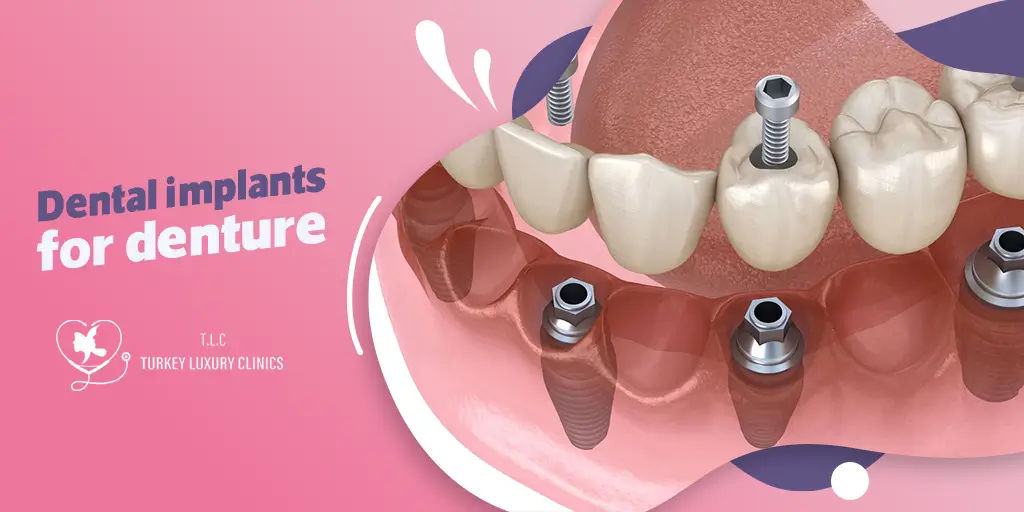




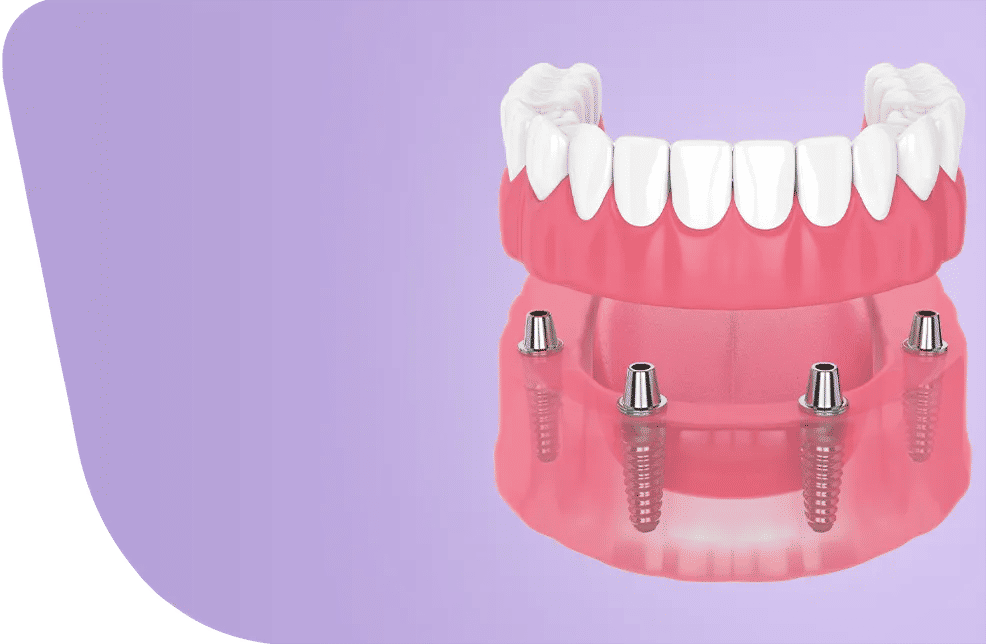
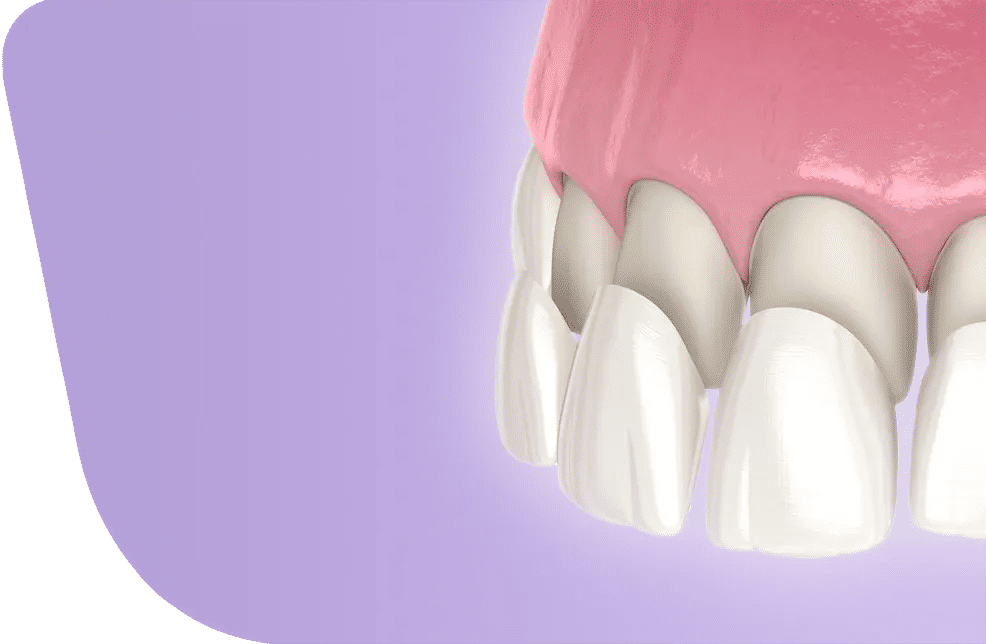
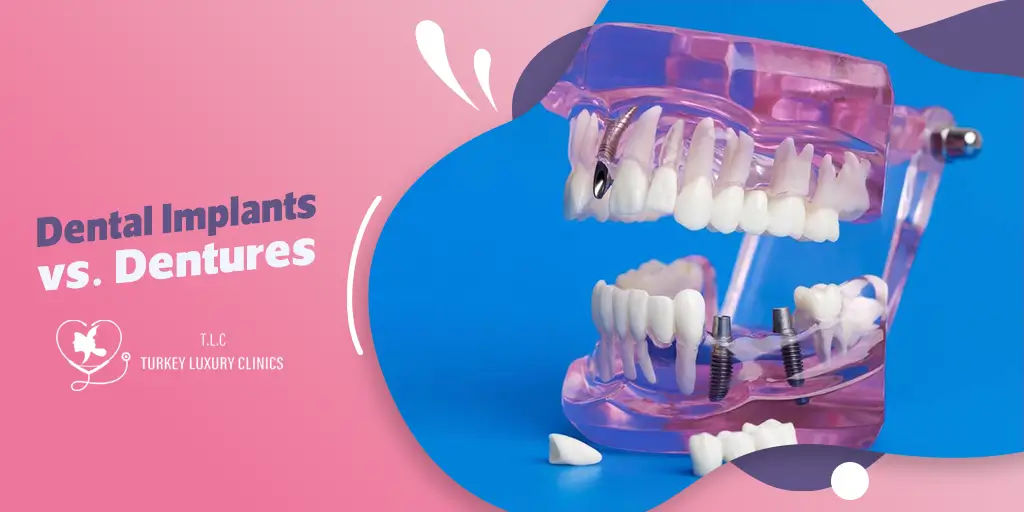
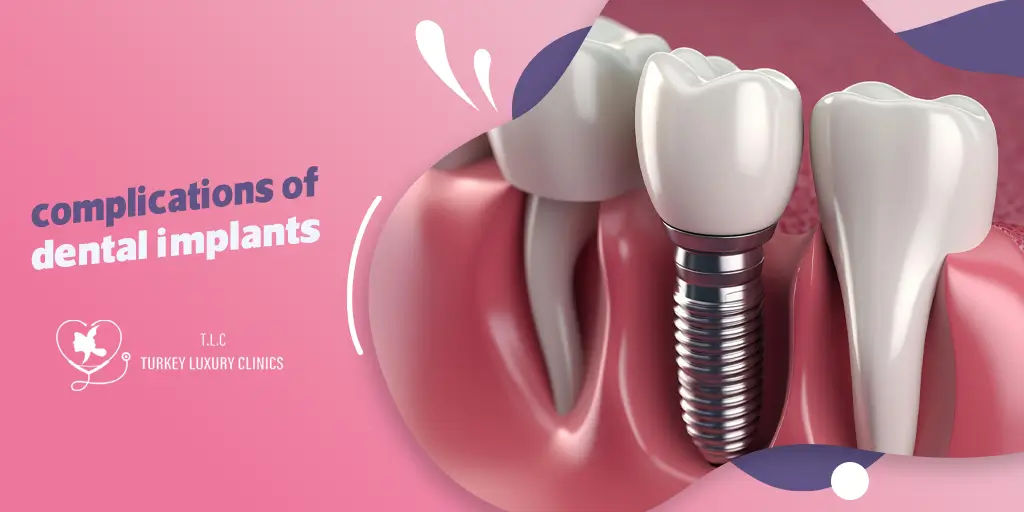




.webp)
.webp)
.webp)
.webp)

